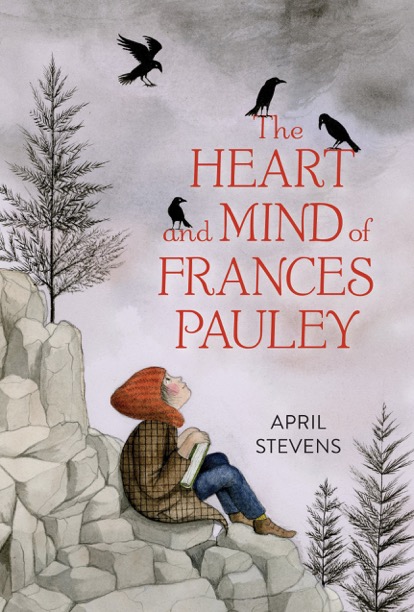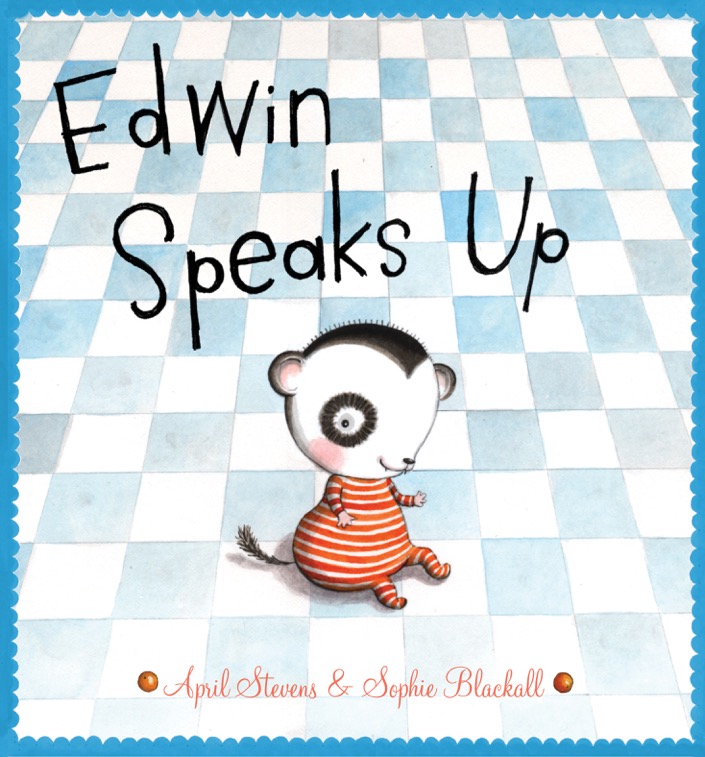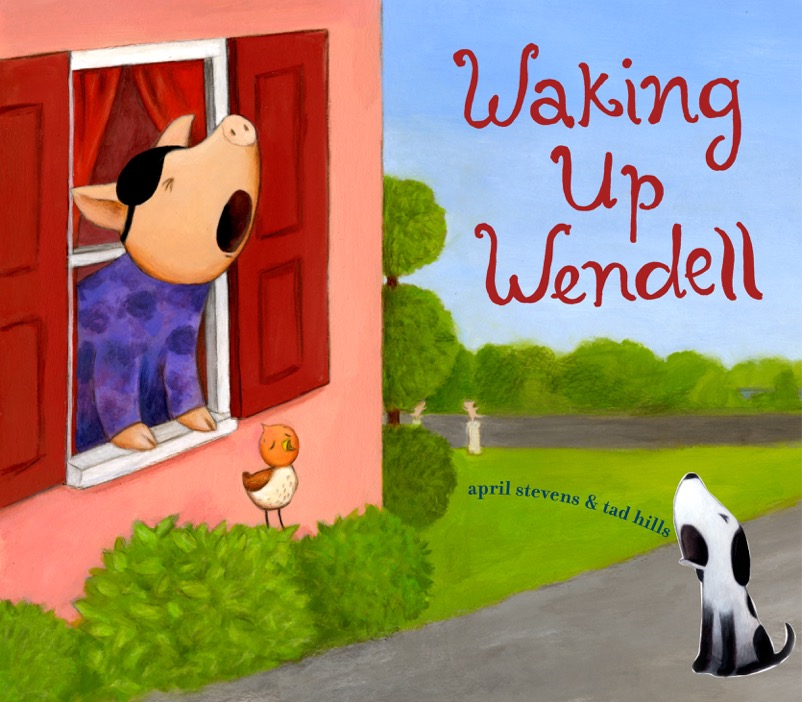BOOKS

The Heart and Mind of Frances Pauley
“Some people hate being alone. Some people like it. I like it a lot. Either that or I’m just sort of used to it.” –Frances Pauley
Eleven-year-old Frances Pauley is an observer of nature and people, just like her idol, the anthropologist Margaret Mead. She spends most of her time up on the rocks behind her house in her “rock world,” as Alvin, her kindhearted and well-read school bus driver and best friend, calls it. It’s the one place where Frances can truly be herself, and where she doesn’t have to think about her older sister, Christinia, who is growing up and changing in ways Frances can’t understand. But when the unimaginable happens, Frances slowly discovers that perhaps the world outside her rugged, hidden paradise isn’t so bad after all, and maybe—just maybe—she can find connection and camaraderie with the people who have surrounded her all along.
With equal parts heartache, forgiveness, and kindness, this story about an unforgettable girl and an unlikely friendship will capture your heart.
“…nothing short of magical.”
—Editors Choice New York Times Book Review
“A moving depiction of unique characters, grief, and the benevolent power of forgiveness.”
—Starred Review, Kirkus Reviews
“If a novel can show the growth of a soul, this one does it. Frances begins this story almost literally in a cave; she ends it with the discovery of how unexpectedly wide the world can be. To cheer for her growth—painful as it is—is to cheer for our own possibilities.”
—Gary D. Schmidt, three-time Newbery Honor–winning author
“Filled with indelible characters, this lyrical novel about acceptance and what it means to be truly kind will resonate with readers on a deeply emotional level.”
—Stephanie Hemphill, Michael L. Printz Honor Award winner

Angel Angel
When her husband deserts her for another woman, Augusta Iris sets her vacuum cleaner down, climbs into her bed, and stays there all summer. This comes as such a shock to both her sons, Henry and Mathew that Henry increases his already substantial intake of pot and Mathew lies on his bed feeling her sadness “leak right out of her room and into his.” But when Henry’s irrepressible girlfriend, Bette Mack, arrives on the scene the stillness of the Iris household gets deeply rattled. In her own gum cracking, slightly unorthodox way Better snaps the Irises from their gloom and leaves them stunned and blinking in her wake. By turns sad and funny, shrewd and compassionate, this quick-minded novel is a sharply honed life study. April Steven’s spare, poetic prose and belief in the resiliency of the human spirit makes this wryly humorous book nearly impossible to put down.
“A wonderfully fluent storyteller with a shrewd eye for the offbeat…who can move us in unexpected ways.”
—The New York Times Book Review
“This is a beautiful novel, equally respectful to women and men, perfect in its command of detail.”
—Carolyn See, The Washington Post
“A novel about coping, but also, more profoundly and with minimum sentimentality, about loving.”
—The Boston Globe

Edwin Speaks Up
A mother with four older children and a baby, Edwin, is trying to get through a grocery store trip. (The illustrations show a family of ferrets, dressed in people’s clothing.) April Stevens’ pacing is brilliantly correct. The trip can’t start immediately because mom’s looking first for her keys, later her pocketbook, and she’s being asked about every other second to adjudicate disputes. (These trips aren’t on the curriculum in Mommy School. That’s why many mommies would rather take a pack of real ferrets to the supermarket than five kids.) Meanwhile, Edwin’s babbling is interlaced with perfect words that could solve all of mom’s problems, except that she thinks he doesn’t talk yet. Edwin is a take-charge child, at least when it comes to getting ingredients for his birthday cake. Soldier on, Edwin.
—The Chicago Tribune
“Blackall’s softly colored illustrations manage to make even stretched-out rats look adorable.”
—The New York Times Book Review,
“Stevens’ spot-on story about every mother’s nightmare, the group grocery-store shop, is matched by Blackall’s delicious art…This is a book that’s clever in every sense of the word: skillful, original, and witty.”
—Starred review, Booklist
“Don’t miss this hilarious shopping trip.”
—Starred review, School Library Journal

Waking Up Wendell
Stevens, author of a novel for adults (Angel, Angel), endows her imaginative debut picture book with well-developed characters, plenty of noise and enough humor to keep readers wanting more. Beginning with the ta-ta-ta tweeeeeet! of a small bird, sounds travel from one house to the next, awakening the porcine denizens of Fish Street in a domino effect. The bird rouses Mr. Krudwig at #2 Fish Street, his dog Leopold disturbs Mrs. Musky at #3 Fish Street, and her whistling teapot flusters the tardy kindergarten teacher, Mrs. Depolo at #4 Fish Street, and so on. Hills’s (Duck & Goose) witty watercolors depict action and facial expressions with equal ease, and they target both children’s and adults’ sensibilities. For the seven Darjeelings, who sleep together in a huge bed and whose cat wakes them by repeatedly slamming the screen door, he offers a frontal view of the glassy-eyed family, all with identical helpless stares; their nightstand contains the books Whose Bed Is It Anyway? and Train Your Cat. Especially delicious is his characterization of Mrs. Depolo as she literally throws on her clothes, races down her stairs, and dives out the door. The story could easily do double-duty as a counting book, and with its punchy prose, unexpected plot turns and surprisingly sweet ending, it’s a cinch for a read-aloud treat.
—Starred Review, Publishers Weekly
“As absolutely charming as a sunny morning can be.”
—Starred Review, Kirkus Reviews
Hills’s bright oil paint and colored pencil illustrations, done with simple lines and contrasting colors, enliven the text and add extra humor. This picture book is both a clever and original counting book and a great read-aloud.
—School Library Journal